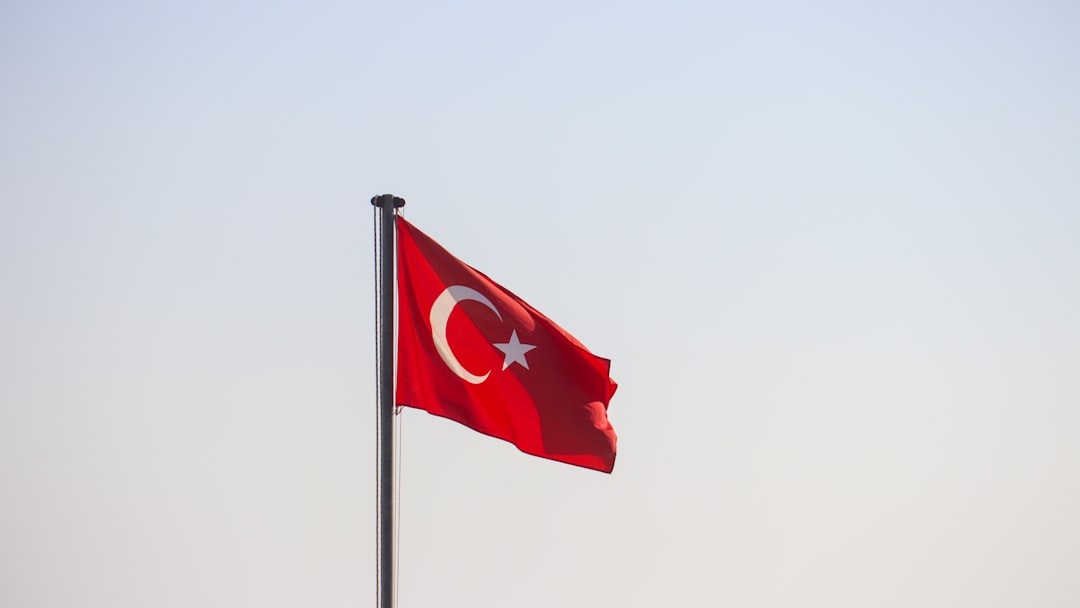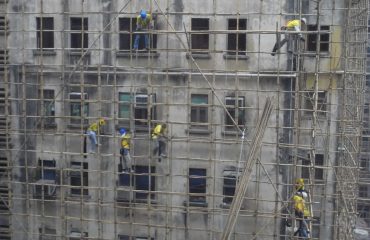Turkey’s steel industry has experienced remarkable growth in recent decades, transforming itself into a significant player in the global steel market. This burgeoning sector boasts a blend of advanced technology, strategic location, and a dedicated workforce, contributing to its increasing competitiveness on the international stage. This post delves into the multifaceted aspects of Turkish steel’s global journey, analyzing its strengths, challenges, and future potential.
A Rapid Rise in Steel Production
Turkey’s steel production has witnessed a dramatic upswing, fueled by substantial investments in modern steel mills and technological advancements. The country’s strategic geographical position, bridging Europe and Asia, provides significant logistical advantages for both raw material sourcing and product distribution. Major players like Erdemir, Kardemir, and Tosyalı Holding have spearheaded this expansion, driving innovation and efficiency within the sector. This growth isn’t merely quantitative; it’s also qualitative, with a focus on producing higher-value steel products catering to specialized industries. The government’s supportive policies, including incentives for investment and infrastructure development, have further fueled this growth trajectory. However, reliance on imported raw materials, particularly iron ore and scrap, remains a significant factor impacting production costs and vulnerability to global price fluctuations.
Key Players and Their Global Reach
Several prominent Turkish steel manufacturers have established themselves as key players in the global market. Erdemir, one of the largest integrated steel producers in Turkey, boasts a significant export presence, supplying various steel products to numerous countries. Kardemir, another major player, focuses on long products like rebar and wire rod, catering to the construction and infrastructure sectors globally. Tosyalı Holding, a diversified steel conglomerate, has expanded its reach through strategic acquisitions and investments in various countries, emphasizing both domestic and international markets. These companies’ success hinges on factors such as efficient production processes, a focus on quality control, and effective marketing strategies targeting specific international markets. Their global reach is further strengthened by strategic partnerships with international distributors and end-users.
Export Destinations and Market Penetration
Turkish steel exports are distributed across a wide range of countries, reflecting the industry’s diverse product portfolio and competitive pricing. Significant export destinations include neighboring European countries, Middle Eastern nations, and parts of Africa and Asia. The construction boom in many developing countries has presented lucrative opportunities for Turkish steel producers, who have successfully penetrated these markets with competitive pricing and reliable supply chains. However, navigating varying international regulations, trade barriers, and competition from other established steel producers remains a constant challenge. The ability to adapt to specific market demands, offer customized products, and build strong relationships with international clients is crucial for sustained success in global export markets.
Challenges and Opportunities in the Global Arena
Despite its remarkable progress, the Turkish steel industry faces several challenges. Fluctuations in global steel prices, driven by factors such as economic cycles and geopolitical events, significantly impact profitability. Competition from other major steel-producing countries, particularly in Asia, necessitates continuous innovation and cost optimization. Furthermore, environmental regulations and sustainability concerns are increasingly influencing the industry, requiring investments in cleaner production technologies and responsible sourcing practices. However, these challenges also present opportunities. The growing demand for sustainable steel solutions opens avenues for Turkish producers to invest in green technologies and market environmentally friendly products. Technological advancements, such as advanced manufacturing techniques and automation, can enhance efficiency and competitiveness.
The Future of Turkish Steel in the Global Landscape
The future of Turkish steel in the global market appears promising, albeit with ongoing challenges. Continued investments in research and development, coupled with a focus on higher-value steel products and sustainable practices, will be essential for maintaining competitiveness. Strategic partnerships and collaborations with international players can facilitate access to new markets and technologies. Government support in terms of infrastructure development, trade facilitation, and environmental regulations will play a crucial role in shaping the industry’s future trajectory. The ability to adapt to changing global dynamics, address sustainability concerns, and consistently deliver high-quality products will ultimately determine the success of the Turkish steel industry in the years to come. Expansion into niche markets and exploration of new steel applications will be critical for sustained growth and market leadership.
Tags: Turkish steel, global steel market, steel industry Turkey, Turkish steel exports, steel production Turkey




